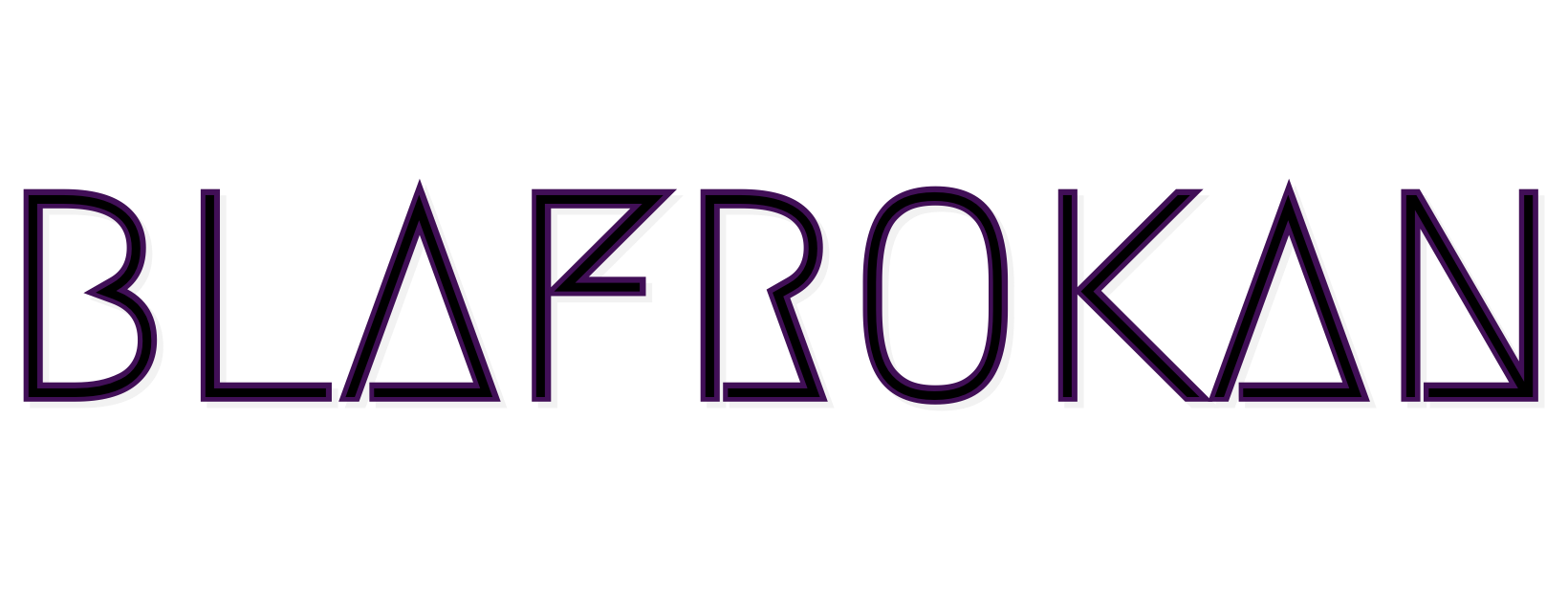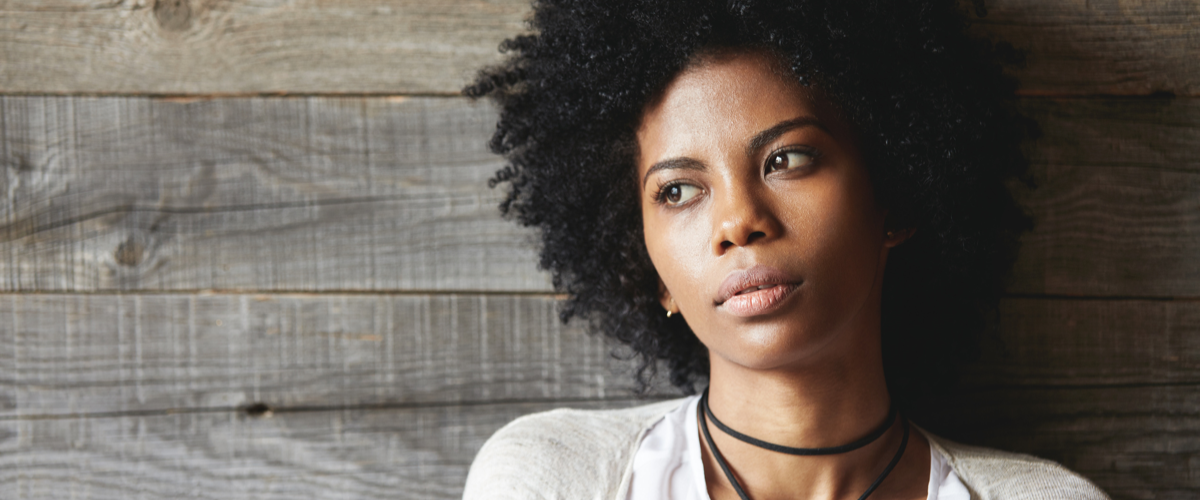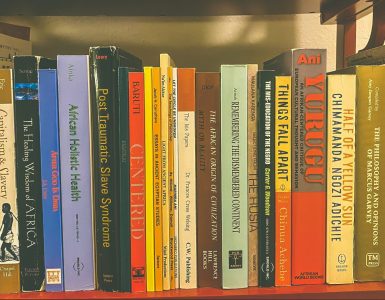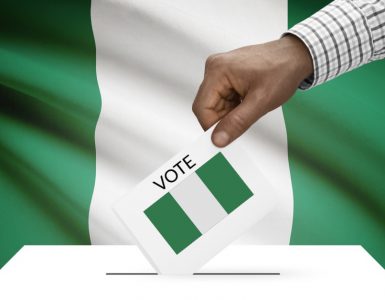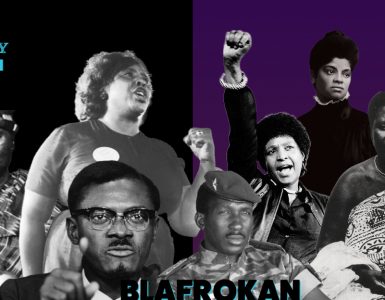I get tagged a lot to respond to heated arguments around anti-racism, racial justice, white supremacy, etc. Or, someone will leave a vitriolic comment on YouTube, in reaction to recorded lecture I have given. You know what I do?
I do not react. But, I do respond, and this is how I do it: By not reacting and instead, choosing not to engage at all.
Why?
It’s almost always a drama triangle that is occurring in these situations. A lot of us engage in drama triangle dynamics when it comes to how we conceive of, and create actions around justice, equity, and inclusion.
I personally find that drama triangles are fruitless. I imagine that most of us may be unaware of how we are participating in these, whether it’s about how we do anti-oppression work……or, how we perceive/ receive another person’s interpretation of anti-oppression work. Many of us do not know the difference between *reactive* and *responsive*.
Most of us think we *have to react* to everything, and that *reaction* and *response* are the same They are not.
Don’t get me wrong. Up until about 7 years ago, I didn’t realize I was deeply immersed in drama-triangle-reactive-antiracism-frameworks. So, I intentionally stopped, once I became aware of this. It has been life changing to say the least, and has helped me become more productive and less exhausted.
I think, for me, it’s a radical idea to re-conceive how I perceive myself with the understanding that most human beings will perceive me as all three of these *at the same time* :victim, savior, victimizer (refer to link above about the drama triangle, our roles, and narratives we tell ourselves).
*What is anti-oppression work that does not become ensnared in drama triangle like dynamics?
*How can we not be tempted to engage in reactive response?
*How can we discern when we should even engage at all vs. shifting our time and energy to restorative, transformative, and unconditional love centered activism?
I know I’m still learning. What about you?
